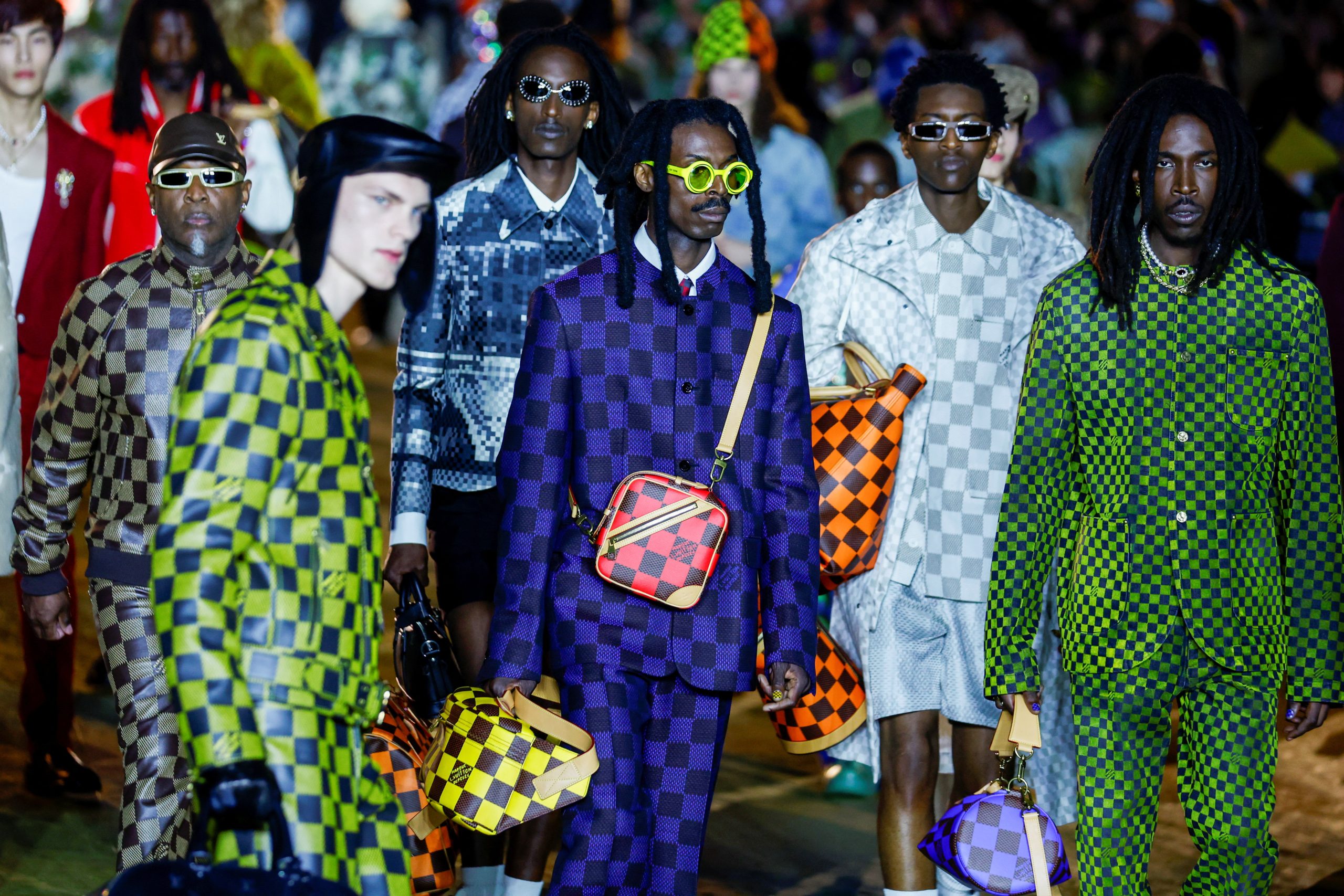Louis Vuitton, a brand synonymous with luxury and opulence, has enjoyed a storied history in the world of fashion. However, in recent years, some critics argue that the brand’s rapid expansion and accessibility are diluting its prestigious status as a luxury icon. The question arises: Is Louis Vuitton becoming too commercial, and is it indeed losing its status as a luxury brand?
es, Louis Vuitton has been losing its appeal as a luxury brand in recent years. There are a few reasons for this:
- The brand has become less exclusive. Louis Vuitton has opened more and more stores in recent years, making its products more accessible to a wider range of consumers. This has made the brand less desirable to those who value exclusivity.
- The brand has been criticized for its quality control. There have been reports of Louis Vuitton products being poorly made and not worth the high price tag. This has damaged the brand’s reputation for quality.
- The brand is no longer seen as being innovative. Louis Vuitton’s designs have become more and more predictable in recent years. The brand is no longer seen as being at the forefront of fashion.
- The brand has been accused of being unoriginal. Louis Vuitton has been accused of copying designs from other brands. This has further damaged the brand’s reputation.
As a result of these factors, Louis Vuitton is no longer seen as the aspirational luxury brand that it once was
A Changing Landscape
Louis Vuitton’s journey from a humble workshop in Paris to a global luxury powerhouse is a remarkable story of success. Known for its timeless craftsmanship and signature monogram, the brand was once a symbol of exclusivity, sought after by the elite. However, the luxury landscape has evolved dramatically in recent decades.
The Accessibility Factor
One of the key concerns is the brand’s pursuit of accessibility. In an effort to expand its customer base, Louis Vuitton has introduced more affordable products, including ready-to-wear fashion, fragrances, and accessories. While this may seem like a strategic move to tap into a wider market, it raises the question of whether accessibility is eroding the brand’s luxury appeal.
In the eyes of some purists, luxury is intrinsically tied to exclusivity. Louis Vuitton’s ubiquity in major cities around the world, coupled with the brand’s willingness to cater to a broader range of consumers, has led to concerns that the allure of exclusivity is diminishing.
Changing Consumer Attitudes
Modern consumers often have a different set of values and priorities. Many are drawn to brands that align with their own individuality and lifestyle. While some luxury consumers still value the traditional markers of opulence, others appreciate the sense of belonging to a global community of brand enthusiasts.
This shift in consumer behavior has led to a blurring of the lines between luxury and commercial. The appeal of luxury, once anchored in rarity and inaccessibility, is now being redefined by personal experiences, digital communities, and the desire for self-expression.
Brand Evolution
Louis Vuitton has, without a doubt, evolved its brand to stay relevant in a changing market. Collaborations with renowned designers, artists, and celebrities have breathed new life into the brand. The pursuit of accessibility has allowed Louis Vuitton to cater to a broader range of tastes and preferences. However, these very adaptations have led some to question whether the brand is straying from its roots.
The Verdict
In the ongoing debate over whether Louis Vuitton is losing its luxury status, there is no definitive answer. While critics argue that the brand’s commercial evolution is diluting its luxury appeal, supporters maintain that Louis Vuitton is simply adapting to the changing face of luxury in the 21st century.
The luxury landscape is evolving, and brands like Louis Vuitton are evolving with it. Whether this means a loss of luxury status or an embrace of a new definition of luxury is a matter of perspective.
In the end, Louis Vuitton’s journey from a luxury symbol of exclusivity to a more accessible and globally recognized brand mirrors the broader transformation of luxury itself. The verdict on its status as a luxury brand may depend on how one defines and interprets luxury in the modern world.
Shayne Heffernan









